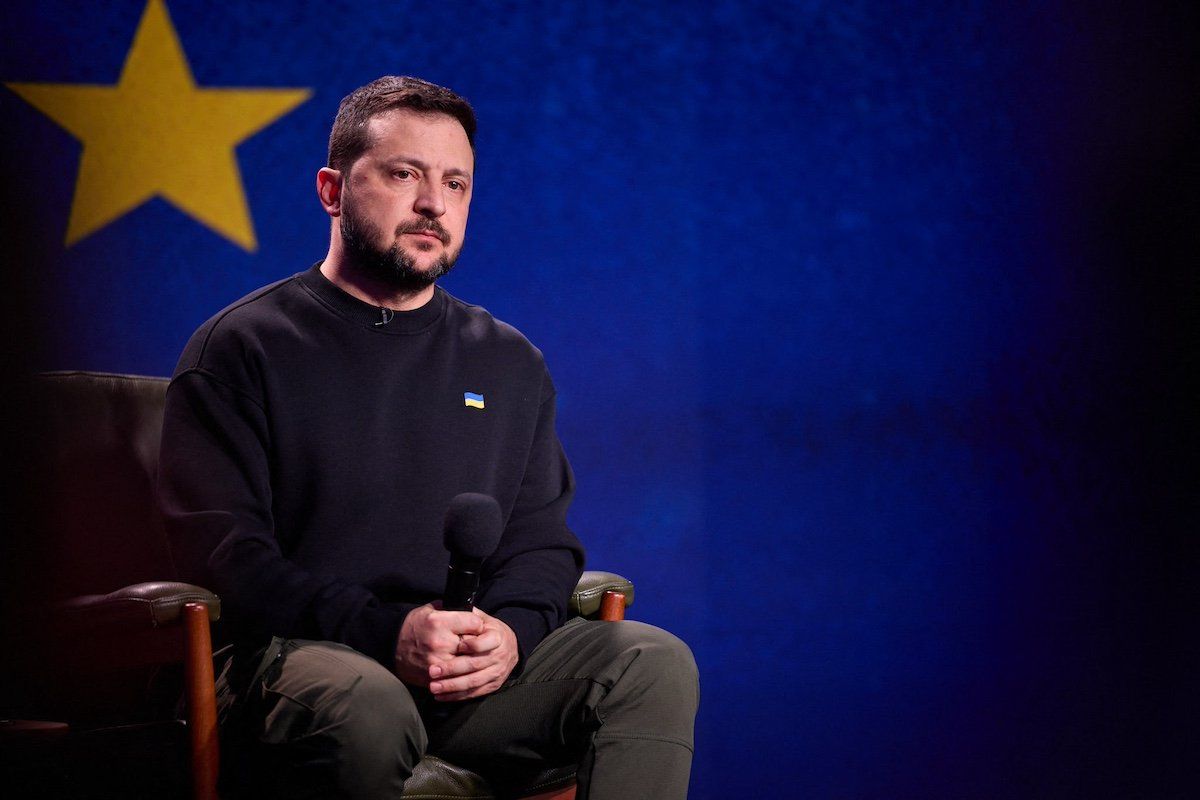After Hungary’s Prime Minister Viktor Orban blocked a €50 billion funding package for Ukraine earlier this month, other EU leaders have worked up a Plan B to keep Kyiv financially afloat. They now appear nearly ready to unveil it.
At an EU summit scheduled for February 1, EU leaders will likely move forward with a plan that allows the European Commission to borrow up to €20 billion from capital markets for loans to Ukraine’s government. These funds would also make it possible for the IMF to release its latest tranche of funds for Ukraine in a package worth about €900 million.
Plan B offers much less money than the Orban-vetoed Plan A, and it can only be advanced in the form of loans rather than grants. But it doesn’t require unanimous approval of EU members, pushing Orban to the sidelines, and it’s expected to be enough money to save Ukraine’s government the pain of printing a lot more money to finance its deficits, fueling inflation.
Russia, meanwhile, is working hard to push back on other outside support for Ukraine. The Kremlin warned Tokyo this week of “grave consequences” if Japan sends Patriot air defense systems to Ukraine via the United States and pledged “measures in response” against South Korea following new restrictions on goods exports to Russia.
Japan and South Korea are aware, however, that Finland is still waiting for the “retaliatory measures” Russia’s foreign ministry threatened after the Nordic country joined NATO nearly nine months ago.
